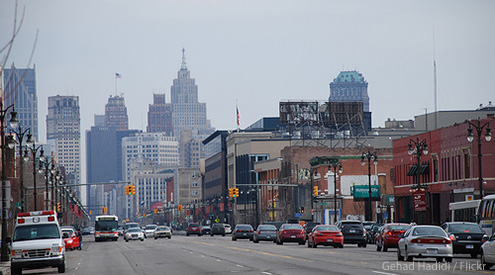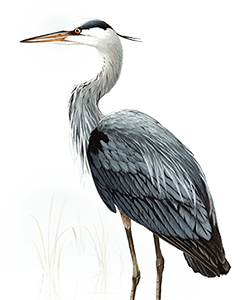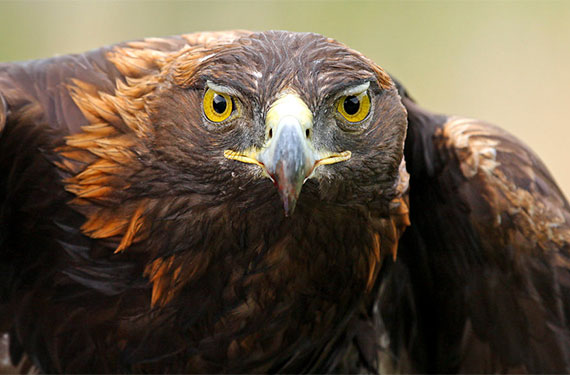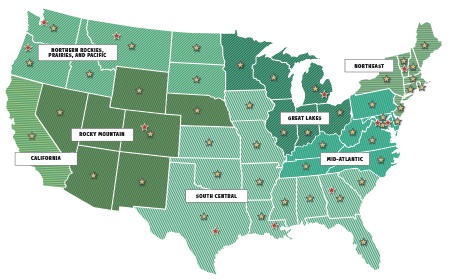Many of the nation's greatest environmental challenges and opportunities are found in our urban centers. From increasing air and water quality, to updating housing and transportation infrastructure, the opportunities are endless to improve the environments where people live in ways that decrease pollution and create local jobs. The National Wildlife Federation is committed to addressing the priorities of urban communities.
Solutions to the climate crisis are tightly intertwined with improving lives and creating livelihoods. Installing solar panels, retrofitting buildings to make them more efficient and protecting natural systems can create—local, family-sustaining "green" that enhance environmental quality and communities. Meanwhile, reinvigorating urban environments with community gardens, farmers markets, and green spaces, helps connect people with nature while improving the health of the environment.
Midwest Urban Initiative
 The National Wildlife Federation is working in the Great Lakes Region's ten most urban centers to help strengthen the work being done on energy and sustainability; green job development; air and water quality; brown field and hazardous waste clean-up; and environmental justice issues.
The National Wildlife Federation is working in the Great Lakes Region's ten most urban centers to help strengthen the work being done on energy and sustainability; green job development; air and water quality; brown field and hazardous waste clean-up; and environmental justice issues.
We are engaging with community groups, social justice organizations, faith groups, and policy makers to strengthen the capacity to address urban environmental concerns. Led by Detroit native Simone Lightfoot, the National Wildlife Federation is helping community groups connect with public officials and speed progress on projects that can bring "work, wealth, and health" to urban communities.
The Midwest Urban Initiative is based out of the National Wildlife Federation's Great Lakes Regional Center and is focused in Cincinnati, Cleveland, Columbus, and Toledo, Ohio; Chicago and Gary, Illinois; Indianapolis, Indiana; Milwaukee, Wisconsin; Detroit, Michigan; and Buffalo, New York. The effort is designed to serve as a model as the National Wildlife Federation expands our work to build inclusive networks inclusive of the communities that are impacted by urban environmental issues across the country.









